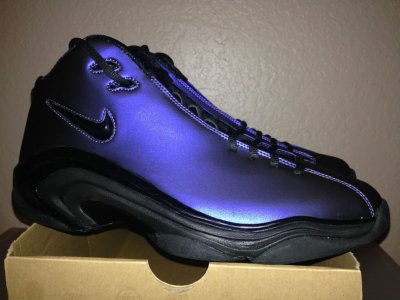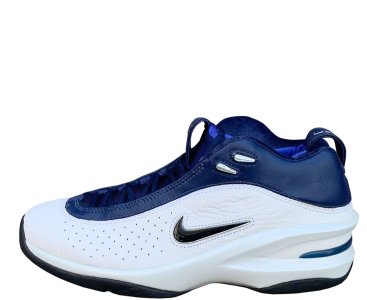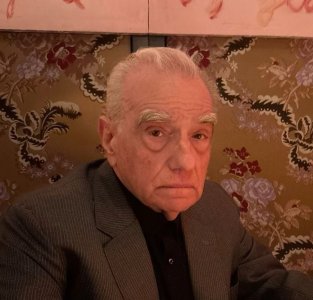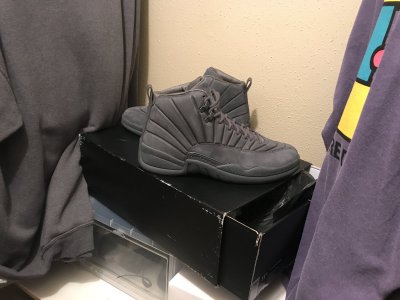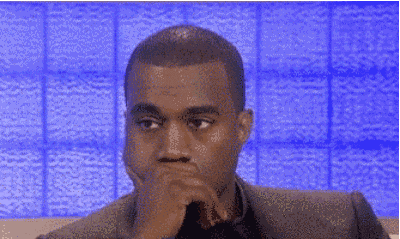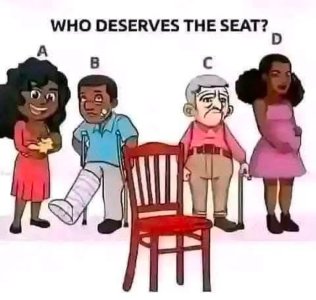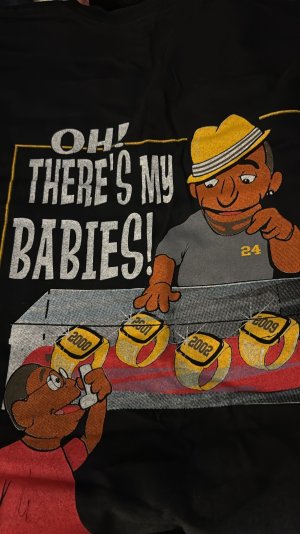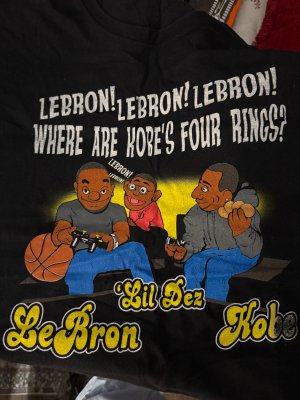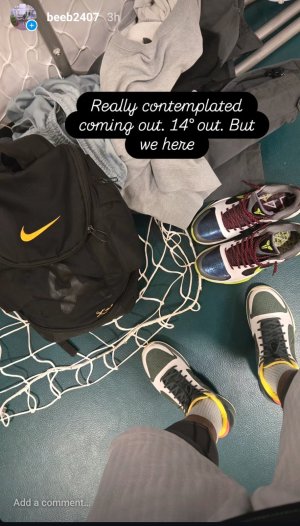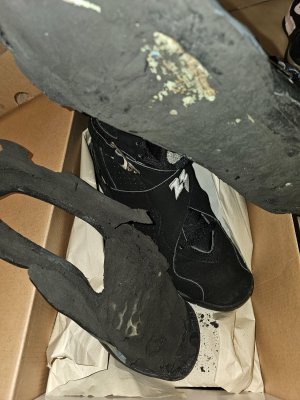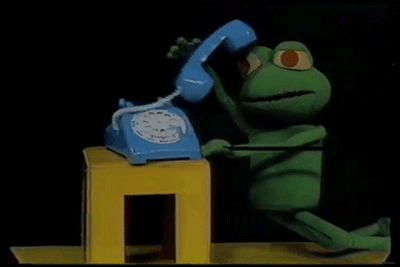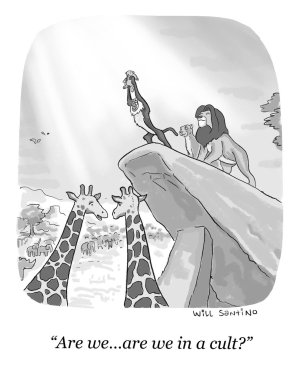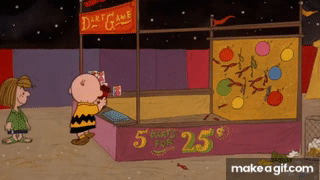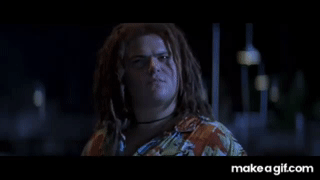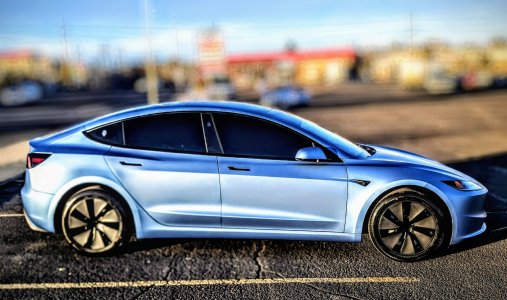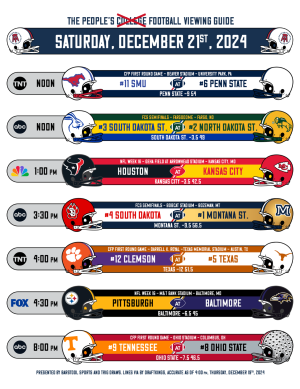In order for a star player and brand to succeed, there has to be a symbiotic dynamic between both, meaning a star has to be appealing, and the brand coming up with appealing designs.
Michael Jordan succeeded with Nike because they did a great job of marketing his line in the past, present and future. But also, he was an appealing star.
He actually preferred to sign with Adidas, but they were stupidly biased with wanting to market big men instead. That was idiotic because kids will never aspire to be a 7 foot and taller man because they will always dream about being a skilled player like Magic Johnson & Michael Jordan because those types of stars are more relatable.
Now if Jordan had signed with Adidas as he preferred, he most likely would have languished in subpar products and poor marketing due to their preference to prioritize big men.
LeBron James has a lifetime deal with Nike, but he will never elevate to the level of Jordan. He gets marketed by Nike and has some nice designs, but he will never have the same appeal as Jordan. Jordan's retro shoes always outsell LeBron's signature shoes annually.
At the same time, a brand can't always sell a star, and Tim Duncan is the perfect example because he was with Nike from his rookie year through 2002. Then he was with Adidas for the rest of his career. Duncan never had marketability because he lacked personality despite being a legitimate Hall Of Famer. How was Nike going to be able to sell him when he had no personality?
Adidas had stars over the years, but they couldn't sell them because they've always been a lower tier brand with pretty bad designs.
Grant Hill ended up getting a lifetime deal with Fila in the late '90s before injuries set in in 2000 and beyond, but his shoes didn't sell big despite him having a clean cut image.
Allen Iverson is perhaps the biggest NBA star Reebok will ever have, especially since he has a lifetime deal with them. Reebok was able to market him and his street image. There's always a demand for the Question & Answer models from the early stages of his Hall of Fame career, albeit not as significant as Jordan Brand.
Olajuwon was never going to be marketable in the shoe game no matter what company he went with because he was a foreigner in an American game and a big man. Even if he was with Nike, they wouldn't have been able to market him. Nike always had the most success with the athletic skill guys like Penny Hardaway & Kobe Bryant in addition to Jordan.
Master P with Converse in the late '90s was destined to fail because they were in the early stages of death precipitating their eventual bankruptcy in the early 2000s. It's also hard to take a rapper with shoes seriously. Converse tried to bank on the No Limit Records fad.
Big Baller Brand failed because the shoes were ridiculously exorbitant in price for an upstart company with upstart players as their cornerstones. They also had production issues because a lot of orders took a long time to fulfill. It also didn't help that Lonzo didn't wear his own high as hell priced shoes on NBA courts. He even admitted they weren't durable, so he had to go through many pairs.
As you can see, variables have to align in order to achieve a symbiotic successful dynamic between a player and a brand.

